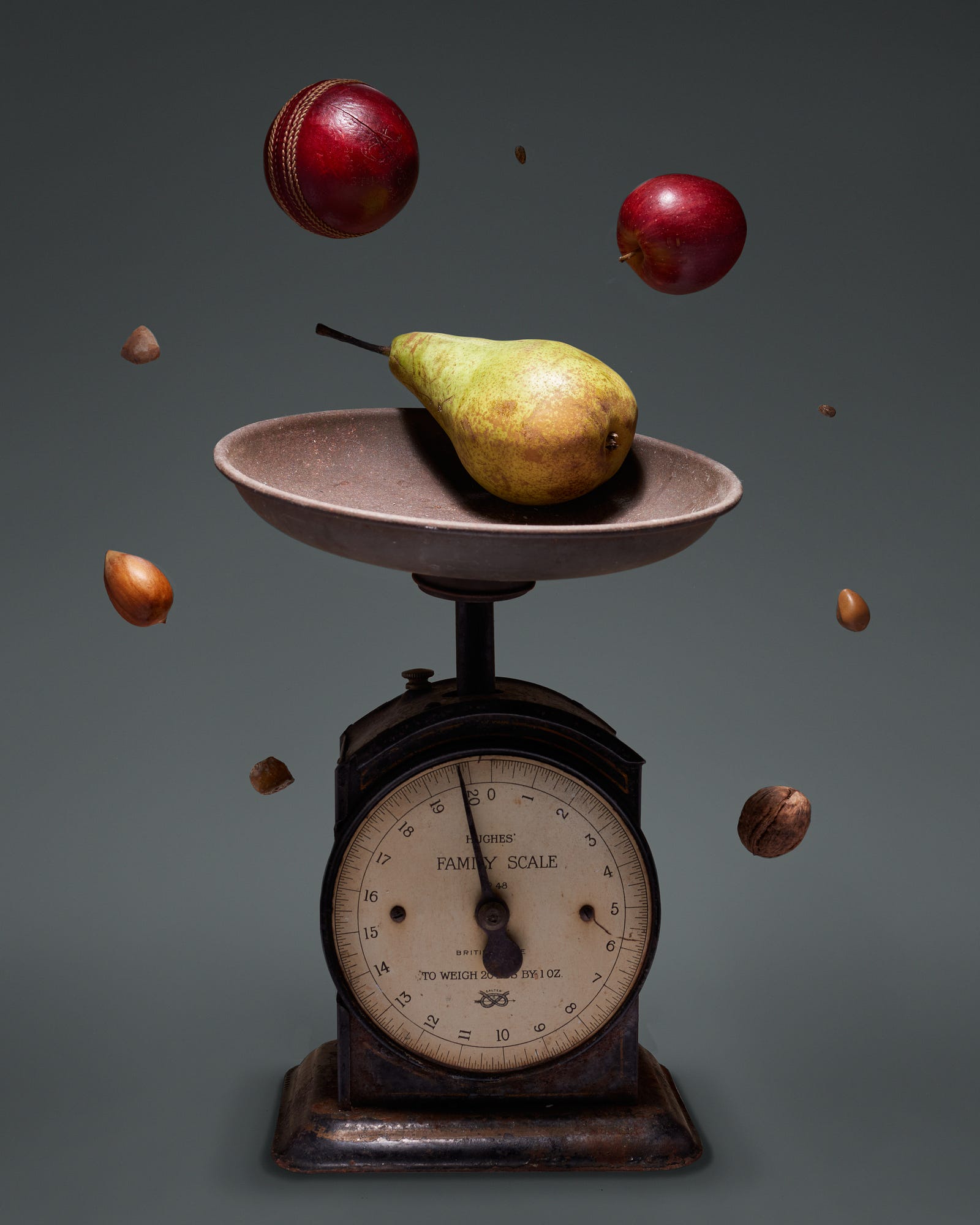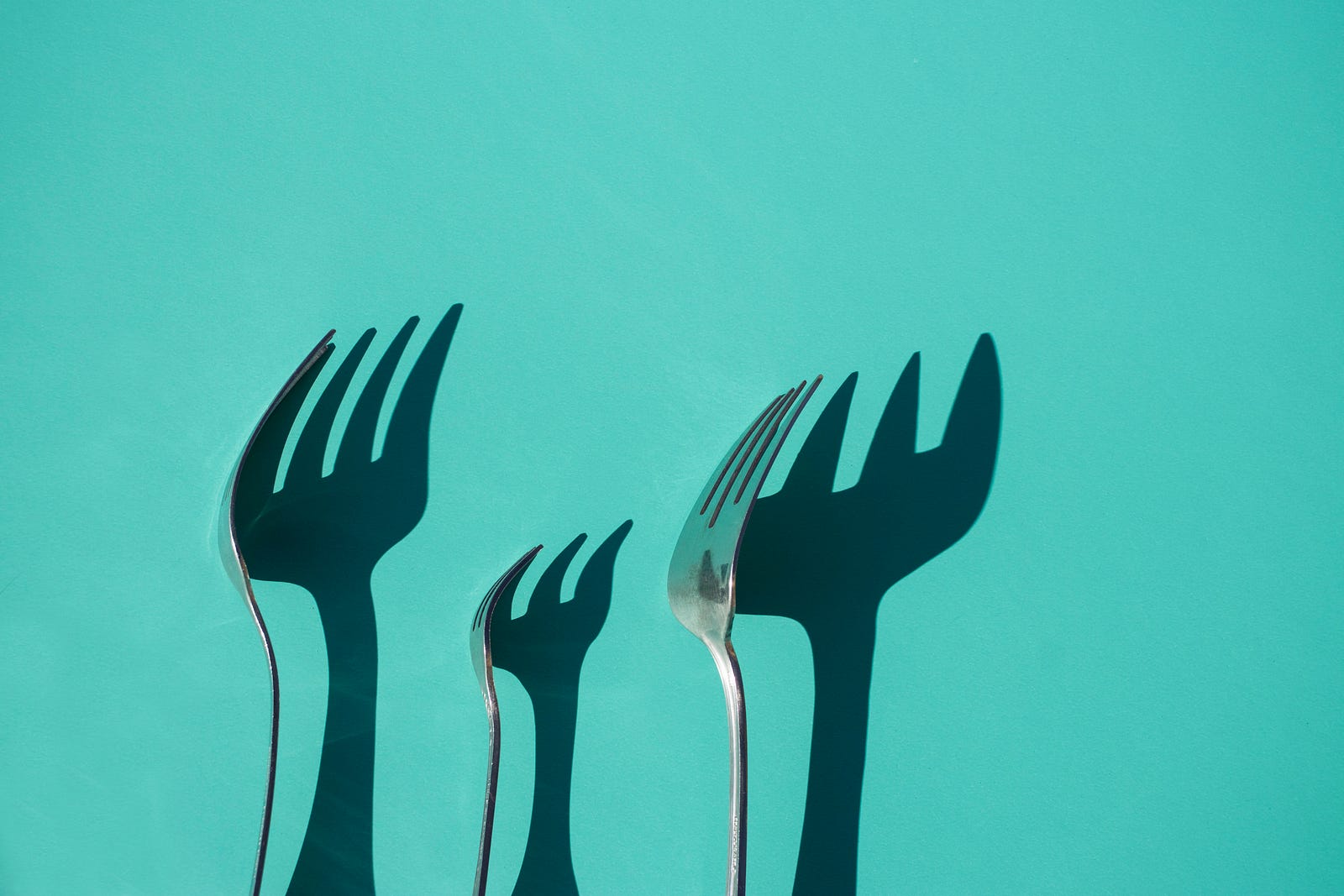WEIGHT LOSS IS A GOAL FOR MANY INDIVIDUALS. Two popular approaches often discussed are intermittent fasting and calorie counting. While both methods aim to create a calorie deficit, they differ in their strategies. Today, I offer a weight loss face-off; fasting vs. calorie counting.
I do intermittent fasting. Intermittently, to be truthful. My interest in IF is rising, given my upcoming over-60 bodybuilding competition next April.
One problem is that I am relatively small, 5’8″, and about 142 pounds. Not going to cut it for the Emerald Cup competition. I need to bulk up over six months and then cut down. Should I count calories for the second phase, or would intermittent fasting be better?
This essay explores the benefits, drawbacks, and effectiveness of intermittent fasting and calorie counting for weight loss, shedding light on which approach might be more suitable for achieving successful and sustainable results.
Intermittent Fasting Basics
Intermittent fasting (IF) involves dividing the day or week into periods of eating and fasting. The most common method is the 16/8 approach, where individuals fast for 16 hours and limit eating to an 8-hour window.
Research suggests intermittent fasting may help individuals lose weight by promoting an extended fat-burning period and reducing overall calorie intake.

Studies have also shown intermittent fasting can lead to weight loss and improve metabolic health markers, such as insulin sensitivity and cholesterol levels.
Intermittent Fasting Becomes Popular
Intermittent fasting for weight loss has been around for ages. However, BBC broadcast journalist Dr. Michael Mosley’s 2012 documentary Eat Fast, Live Longer raised IF’s profile.
https://newcancerinfo.com/media/661f2166dc05c9d3ecae609ba46e80a3
In her book The 5:2 Diet, journalist Kate Harrison shared her experience with this diet approach. Dr. Jason Fung offered his take in 2016, publishing the bestselling The Obesity Code.
Here are some key takeaways from The Obesity Code:
- Eat more fruits and vegetables.
- Increase your fiber consumption.
- Ramp up the healthy proteins and fats.
- Avoid sugar, refined grains, and processed foods.
- Stop snacking.
Intermittent Fasting and Weight Loss
Calorie restriction in mammals increases lifespan. This approach also improves tolerance to several metabolic stresses in the body. We do not yet have compelling evidence that calorie restriction extends human life.
Intermittent fasting advocates believe that the stress induced by IF leads to an immune response that repairs cells.
Second, the fasting approach also creates positive metabolic changes. These improvements include reductions in triglycerides, LDL cholesterol, weight, blood pressure, fat mass, and blood glucose.
But will I overeat on non-fasting days to compensate for fasting-associated missing calories? I was surprised to learn that this did not happen to me. The literature also shows we don’t compensate compared to other weight loss methods. Here is the result of a systematic review of 40 studies:
Intermittent fasting was effective for weight loss, with a typical loss of seven to 11 pounds over ten weeks.
The studies varied greatly in design, including follow-up lengths of two to 104 weeks. The specific IF approaches also differed among the studies.
Dropout rates did not differ between fasting versus continuous calorie restriction groups. For me, adherence to the former is much easier.
Finally, half the studies in the review were randomized controlled trials, while the other half contained only an intermittent fasting group.
Calorie Counting Basics
Calorie counting involves tracking and limiting the number of calories consumed throughout the day. By monitoring food intake, individuals can create a calorie deficit essential for weight loss.
Calorie counting provides a flexible approach to weight loss, as individuals can choose the foods they eat while staying within their calorie limits.
Calorie counting works, showing that it can lead to significant weight loss when combined with regular exercise and a balanced diet.

Dietary or calorie restriction (DR, CR) is reduced food intake without malnutrition.
Should We Stop Counting Calories?
I focus on food quality and healthy lifestyle practices to attain a healthy weight. While I’m using intermittent fasting to prepare for a bodybuilding competition, I don’t believe counting calories (at least for me) is the way to go.
Listen to Dr. Fatima Cody Stanford, an obesity specialist and assistant professor of medicine and pediatrics at Harvard Medical School:
“This idea of a calorie in and a calorie out when it comes to weight loss is not only antiquated, it’s just wrong.”
Even careful calorie calculations may translate to different outcomes. How you and I burn calories hinges on numerous factors, including:
- Food type
- Metabolism
- Gut microbiome
You might consume the same number of calories as I do, yet we may have different outcomes regarding weight.
The US Food and Drug Administration (FDA) allows numbers on nutrition labels to be off by as much as 20 percent. The error is typically an undercount.
Time Magazine offers this example: Your ice cream reportedly has 180 calories per serving. It may have 215.
Moreover, at least in the United States, we often have unrealistic serving sizes. Eat a cup of ice cream (a normal size, instead of two-thirds of a cup), and you might be taking in 325 calories (rather than the 180 listed on the label).
Round 1: Fasting vs. Calorie Counting
Intermittent fasting offers benefits beyond weight loss, such as potential improvements in cognitive function, cellular repair, and longevity.
Additionally, selected individuals (including me) find it easier to adhere to intermittent fasting due to the limited eating window. Overall, adherence to the approaches is similar.
However, fasting for extended periods may cause hunger, fatigue, and difficulty maintaining energy levels, making it challenging for some people.
On the other hand, calorie counting allows for greater dietary flexibility and personalization. However, it requires constant tracking and may lead to an unhealthy focus on numbers, potentially triggering disordered eating behaviors.
Round 2: Intermittent Fasting vs. Calorie Counting
A new Annals of Internal Medicine study investigated whether intermittent fasting (time-restricted eating) without calorie counting reduces long-term weight loss.
And is intermittent fasting more effective than traditional approaches of counting (and restricting) calories?
Additionally, whether it’s more effective than traditional diets that count and restrict calories is unknown.
The study is the first to compare time-restricted eating (without calorie counting) to traditional dieting (with calorie counting) for weight loss over one year in people with obesity.

Researchers included 90 racially diverse adults with obesity from the greater Chicago area. Of these, 77 completed the entire study. They randomized study participants to one of three groups:
- 8-hour time-restricted eating (eating between 12:00 p.m. to 8:00 p.m. daily without calorie counting). Subjects could drink no-calorie liquids outside of their feeding window.
- Calorie restriction (calories slashed by 25%)
- No changes in eating pattern
The time-restricted eating and calorie-restriction groups had biweekly sessions with a dietician for six months while losing weight. They then had dietician sessions monthly for the next six months (weight maintenance phase).
Weight Loss Effectiveness — The Winner
Here are the study results:
Subjects doing time-restricted eating consumed 425 fewer calories daily than those on no eating plan (the control group). They also lost about ten more pounds. Calorie counters consumed 405 fewer calories daily than controls.
The two intervention group members lost approximately 12 more pounds in one year than those in the control group. Both the intermittent fasting and calorie counting groups had high adherence.
In addition, those engaging in an eight-hour time-restricted eating pattern had improved insulin sensitivity compared to those in the control group who ate their calories any time over ten or more hours a day.
The winner? Both intermittent fasting and calorie counting can be effective for weight loss.
Four ways to use this information for better health
How can you use the study results if you want weight loss? Here are four tips for success:
- Minimize refined grains and sugar. Instead, eat fruits, vegetables, lentils, beans, lean proteins, whole grains, and healthy fats (a sensible, plant-based, Mediterranean-style diet).
- Let your body burn fat between meals. Be active throughout the day. Build muscle tone. Don’t snack.
- Consider a simple form of intermittent fasting. Limit your eating hours. One good approach is fasting earlier in the day (between 7 a.m. to 3 p.m. or even 10 a.m. to 6 p.m., but not in the evening before bed).
- Avoid snacking or eating at nighttime, all the time.
Ultimately, the most effective weight-loss method is the one you can use in the long term. The choice between intermittent fasting and calorie counting ultimately depends on individual preferences, lifestyle, and health considerations.
Factors such as work schedules, social commitments, and personal habits can influence the suitability of each method. Selecting an approach that aligns with one’s goals, values, and overall well-being is essential.
Consulting with a healthcare professional or registered dietitian can provide personalized guidance and ensure safety during weight loss journeys.
Please don’t forget to sign up to follow this blog.
The information I provided in this blog is for educational purposes only and does not substitute for professional medical advice. Please consult a medical professional or healthcare provider for medical advice, diagnoses, or treatment. I am not liable for risks or issues associated with using or acting upon the information in this blog.
Thank you for reading “Weight Loss Face-Off: Intermittent Fasting Takes on Calorie Counting.”




